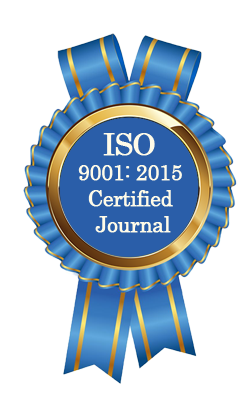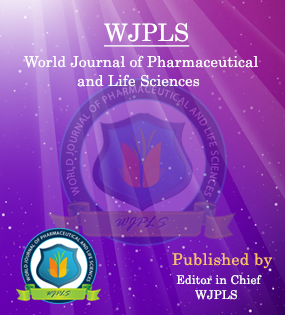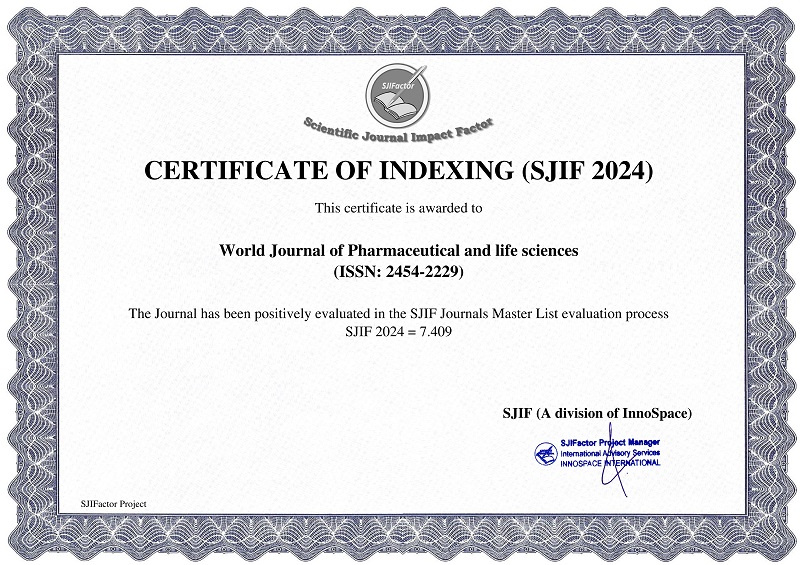Abstract
METHANE MITIGATION IN LIVESTOCK: A TOOL TO FIGHT BACK CLIMATE CHANGE.
F. Rahman, I. A. Baba* and I. U. Sheikh
ABSTRACT
14.5% of total anthropogenic greenhouse gas (GHG) emissions are contributed by livestock industry. Cows contribute more to climate change in a year than cars do in the same amount of time because cows produce methane and cars carbon dioxide. Methane is 21 times more potent GHG than carbon dioxide. Enteric fermentation and manure from ruminants represent 30-40% of total anthropogenic methane emissions. Methane yield is not only harmful to global environment but also leads to loss of gross energy intake, the energy that otherwise could be used by the animal for production. This paper summarizes various methods for mitigating methane emissions from ruminant animals given emphasis to dietary manipulation and supplementation, selecting and breeding livestock of high genetic potential for production traits and low methane emissions per unit of product. Ionophores such as monensin have been used for increasing production and reducing methane emissions in beef and dairy industry. Manipulating rumen by defaunation can be done using natural feed additives such as plant secondary metabolites or chemical agents. Grass land management and reducing stocking density are other strategies that could be employed to improve the condition of degraded pastures and increase overall productivity. Vaccinating ruminants against methanogenic archae of rumen is a comparatively new technique in the field of methane mitigating strategies. There is a need of providing relevant information to the producers about adopting various methane mitigating techniques in their farming systems and management practices to reduce methane yield per unit product and mitigate climate changes.
[Full Text Article] [Download Certificate]WJPLS CITATION 
| All | Since 2020 | |
| Citation | 590 | 424 |
| h-index | 12 | 10 |
| i10-index | 17 | 14 |
INDEXING
NEWS & UPDATION
BEST ARTICLE AWARDS
World Journal of Pharmaceutical and life sciences is giving Best Article Award in every Issue for Best Article and Issue Certificate of Appreciation to the Authors to promote research activity of scholar.
Best Article of current issue
Download Article : Click here





